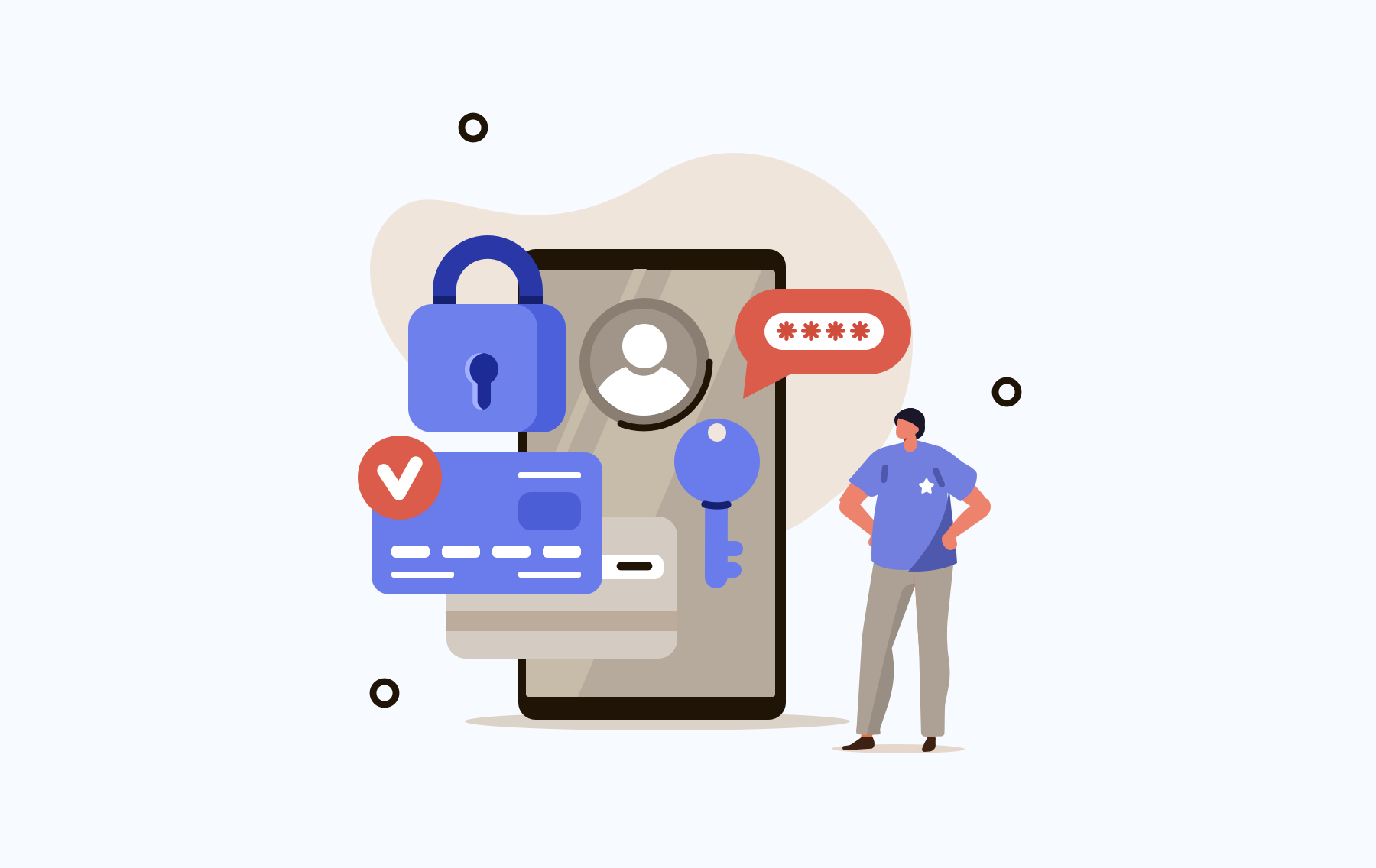“What is cyber security”, the subject of which is getting more and more important; We are witnessing an era where the concepts of information, technology, and software are now intertwined with our daily lives. Cyber technology security, also known as Information Technology Security; means protecting network, computer, server, mobile device, and briefly all electronic information systems against malicious attacks.
Cybersystems security is technologies designed to protect information and communication systems, networks, programs, devices, and data against attacks that want to damage and steal information. These technologies consist of various processes and controls. Prepared with all security vulnerabilities in mind, cyber security reduces the risk of cyber-attacks and prevents the use of systems, networks, and technologies by unauthorized persons.
Why is Cyber Technology Security Important?
Damages caused by exceeding cyber security always cause either very costly or very troublesome processes. For this reason, taking all precautions from the very beginning and working with cyber security professionals ensures that the workflow is carried out with much less damage. Thanks to the measures taken, it is ensured that users or businesses are not harmed. Considering that the most valuable concept in our age is information, the fact that data belonging to people, institutions, and commercial enterprises is unprotected against cyber-attacks means that hackers see you as an open target. For this reason, cyber security is an important detail that should not be neglected. Jeton works with the best experts in the field for your security and prevents any attack on your digital wallet.
Cyber Security Threats
Intentional and malicious attempts to breach the security of organizations or their systems for information theft, financial gain, espionage, and sabotage; It tries to override traditional security solutions with new methods that include software engineering, artificial intelligence, and analytics. Some types of cyber security threats are;
- Malware
- Phishing
- Spear Phishing / Whale Phishing
- APT (Advanced Persistent Threats)
- Ransomware
- Worms
End-user Protection
End-user security is a critical component of cyber security. A single person is frequently the one who mistakenly downloads malware or another form of cyber threat on their technological devices.
So, how can end-users and systems benefit from cyber-security measures? To begin, cryptographic techniques are used to encrypt emails, files, and other sensitive data. This safeguards information not just during transmission but also against loss or theft.
Furthermore, end-user security software analyzes computers for harmful malware, quarantines it, and then deletes it from the system. Security software may even find and remove harmful code hidden in primary boot records, as well as encrypt or wipe data from a computer’s hard disk.
As cyber-security professionals find new threats and strategies to counteract them, new protections are being added to security programs. Employees must be trained in order to make the most of end-user security software. Importantly, keeping it up to date and functioning guarantees that users are protected from the most recent cyber dangers.



